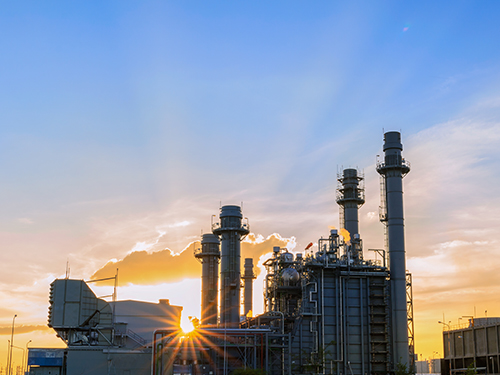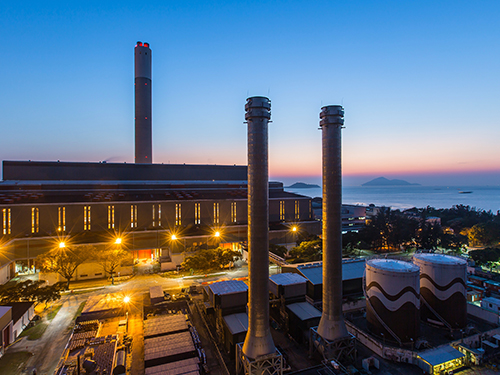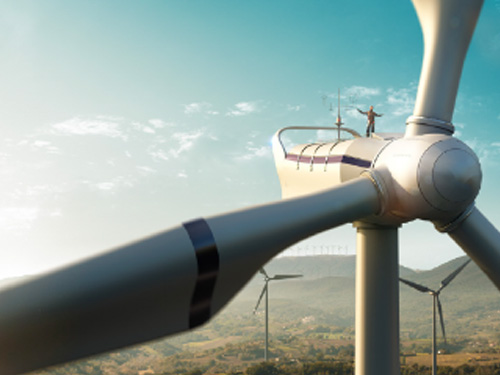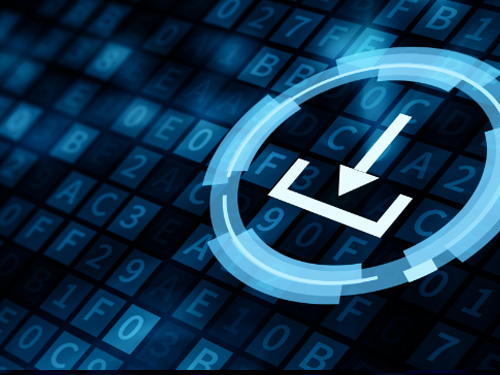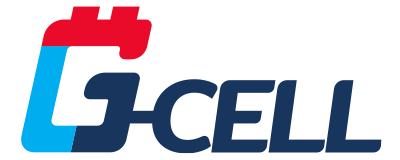Light for a Better Life is a community support project that deploys the expertise and specialized skills of GPSC and its employees to take care of the community’s electrical system. The efforts reflected PTT Group’s leadership in power innovation and smart energy. Under this project, employees leveraged their expertise to take care of people in community, society, and the country (People of the Planet) in the aspects of safety, saving, energy security, and socio-economy

Smart Energy
GPSC aims to increase the share of renewable energy which is clean energy by developing energy infrastructure and services, especially in remote areas, so that people can have equal access to electricity which lead to access to water (Interconnected needs of water and energy use), thus being able to carry out economic activities and have better well-being. GPSC, as the innovation leader in the PTT Group's electricity business, determined to bring skills, knowledge, capability, and expertise into the development of the electrical systems to deliver clean energy to the community. This is in line with the global energy trend and Thailand's National Energy Plan, which aims to promote clean energy and the reduction of greenhouse gas emissions to zero (Net Zero) by 2065. The total Investment proportion is 9.18%

Saving
Modifying electrical equipment and appliances to save energy as well as installing solar power systems to save costs and use the saved money for development activities or other useful activities of the beneficiaries.

Security
Installation of alternative energy system in remote areas so that people in the community and greater society will have a better quality of life and less obstacles in life as well as energy security through such activity as installing solar rooftop systems for hospitals, health care facilities and educational institutions in remote areas, etc.

Socio-economic
The project promotes the career of “Electricity Doctors” to generate income for community people. It equips them with professional skills to become electricians with basic knowledge, be able to take care of their own households and communities, earn extra income, or even make it a primary source of income.
LBL is considered a strategic CSR project as it aligns with GPSC’s business and expertise as well as UN SDGs and global trends. ‘Khon Mi Fai’ (electrified man) under LBL has now entered the second year. This project was launched in partnership with our partners in the renewable industry, namely the Renewable Energy Industry Club of the Federation of Thai Industries (FTI), to reduce electricity bills by using solar power for public utility agencies.
The savings could then fund surrounding community development in a sustainable way. In 2024, 42 interested organizations applied to take part in the Solar Man project, second year, with 10 organizations selected.
The total capacity of solar power systems installed by GPSC for these organizations stood at 106.25 kWp and is expected to save a total of 668,561.04 baht/ year and reduce CO2 emissions by 75.57 tons/CO2 equivalent/year. In addition to Khon Mi Fai, GPSC provided support for solar power system installation to other external organizations, such as a 16.12-kWp solar system installation at Sports Center, Engineer Department, Fort Purachatra, Ratchaburi, with knowledge of system maintenance provided to staff stationed there. GPSC also joined hands with Shin-Etsu Co., Ltd., a customer, in installing a 3.3-kWp solar system for Wat Noen Kraprok School, Ban Chang, Rayong, with about 300 students, to lower electricity bills and cultivate vegetable plots for the school.
To date, we have supported solar system installations for various organizations, saving them about 3,309,461.53 baht per year from lower electricity cost. The installations in 2024 alone saved up to 132,655.42 baht.
